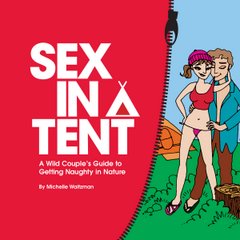 Untouched beauty - for now
Untouched beauty - for nowI saw an interesting ad recently - New Zealand's Ministry of Tourism is looking for someone who can devise a methodology for determining the value of natural resources (ie. keeping our national parks pristine etc.) to the country.
This comes at an interesting time. The government is currently doing a "stocktake" of mineral resources on crown land, including national parks. They say they're just interested in knowing what lurks below the surface, but anyone with two brain cells to rub together can see that they're thinking of allowing more mining, fossil fuel exploration and so on as a way to boost the economy. They've even admitted that they'd think about moving the boundaries of special status areas (where no mining or forestry is currently permitted) if there was reason to do so.
Obviously the government thinks that New Zealand is sitting (perhaps literally) on a gold mine of unused minerals that could be mined and exported. They claim that using moder methods this would cause "minimal disruption" to the natural beauty and ecosystems.
So to counter this (although they haven't officially said this is the reason for their project) the Ministry of Tourism is trying to put a value on leaving nature as it is - so that future tourists will continue to come to New Zealand for its natural beauty and untouched wilderness - one of our major drawcards currently. If it's worth more in its current state, it may influence any decisions to allow people to dig it up.
I will be waiting to see how this all plays out. I hope there will be a willingness to resist the quick bucks and preserve the economic, environmental, and lifestyle value of New Zealand's amazing natural landscapes.







1 comment:
On one hand I find it really absurd that a government can seem to openly argue with itself like this. On another hand I find it very reassuring that different parts of the government are independent and free enough from interference that they can push the mandates for which they're designed and do so quite openly where people can see what's being considered and add to the debate. Occasionally it seems moronic and disorganised, like when the NZ government was recently bidding against itself for broadcasting rights (and from what I read I understand that case did involve political interference), but in general I prefer it this way.
Whatever people might think about individual people and agendas, I think it says something about the systems here that Transparency International rates New Zealand at the top of its corruption perceptions index, and it's been at least first equal since 2006.
(Declaration -- I work in a non-policy position for the New Zealand government.)
Post a Comment